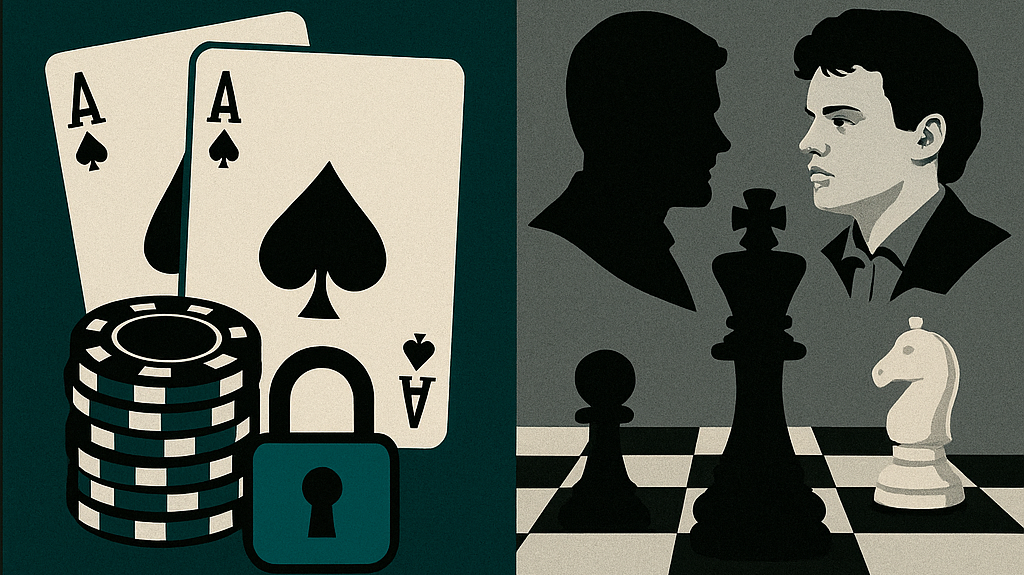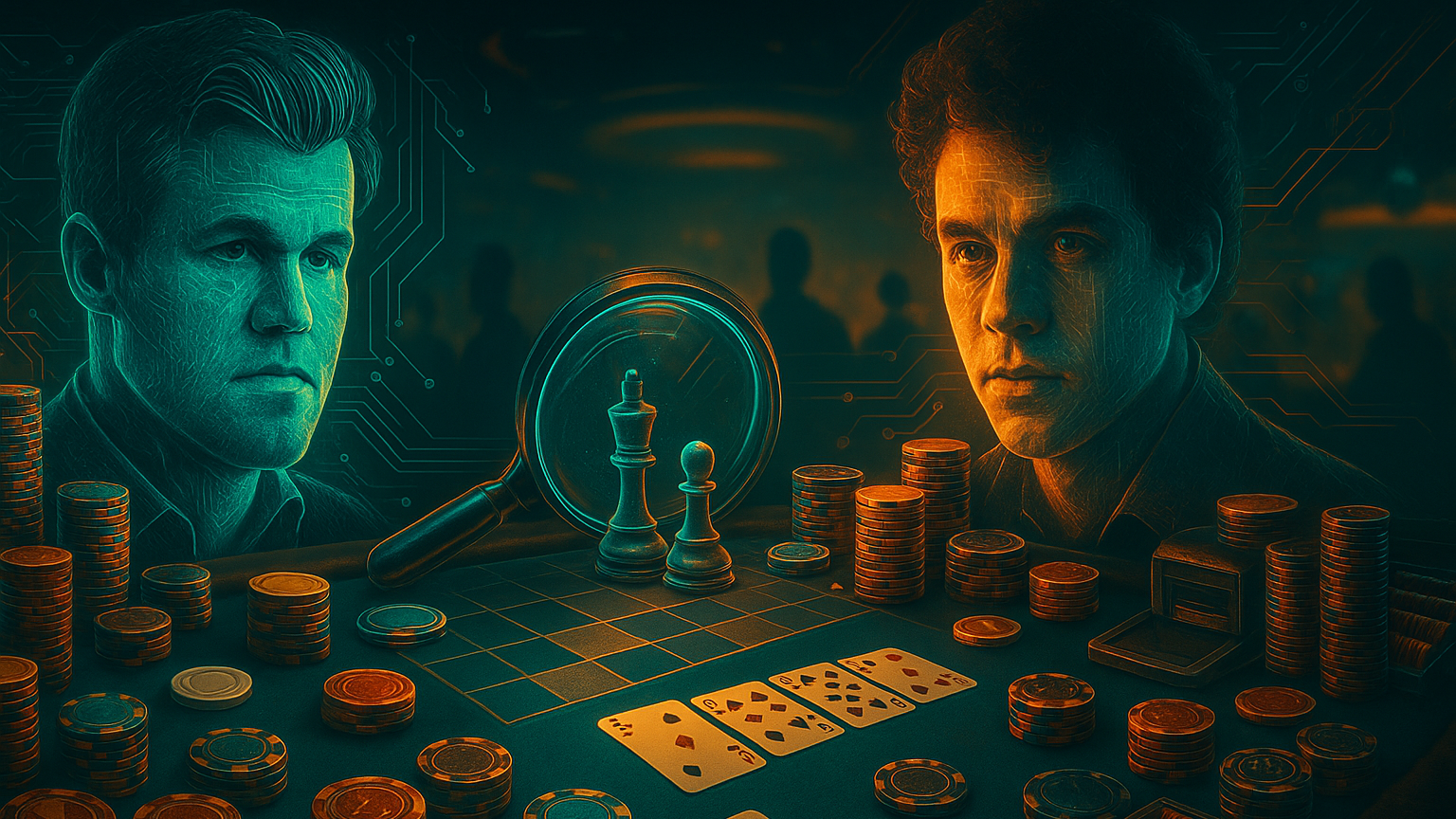The chess world experienced a shock in 2022 that was about more than just a particular match or accusation. It was a moment when a single suspicion turned into a public trust crisis. Magnus Carlsen, the long-standing world champion, withdrew from a tournament after losing to young player Hans Niemann without giving any reason. However, his silence spoke volumes —interpreted by the community as a lack of trust in the game's fairness. This led to investigations, official statements, legal actions, and further controversies that stretched for months. Although it all unfolded in the chess realm, the questions it raised are disturbingly similar to those the poker community must also confront.
The key issue highlighted by this crisis was how allegations of cheating are handled. Chess.com claims to have sophisticated algorithms to detect suspicious behavior. Yet, there have been instances of false accusations where players were banned simply because their gameplay was "too accurate" — only to find out later they were just dominating easy positions against weaker opponents. This example underscores a problem known in online poker as well. How do we differentiate outstanding performance from prohibited assistance? How do we deal with the fact that even meticulously designed systems can make errors that might irreparably damage a player's reputation?

Communication is Key
Another crucial element of the case was communication. Chess.com and Magnus Carlsen remained silent at a time when the community demanded answers. Instead, the void was filled with speculation, rumors, and narratives that no one officially confirmed or denied. In poker, similar situations regularly arise where players are quietly banned or removed from platforms without any explanation. The reasons may be justified, but when they're not communicated, the community starts creating its own stories. This is dangerous for the reputation of both the sites and the game itself.
The broader context is also intriguing — especially the relationship between professional players and content creators. In chess, there were sharp opinions that “YouTubers” shouldn't comment on the game they never understood at the highest level. Yet, they are the ones today reaching millions of viewers and spreading interest in chess among a new generation. Poker is in a similar situation. Streamers and influencers often face criticism that they “haven’t won anything” — but it’s thanks to them that the game maintains its dynamism and attracts new people. This conflict isn’t about who’s right but about managing coexistence between two different worlds under one roof.

A Warning for the Poker Community
Behind the entire story lies another powerful moment: the response of a player who felt excluded. Hans Niemann decided that rather than waiting for invitations, he would create his own platform. He started organizing his own matches, attracted top players, and promoted his vision of a fair, transparent, and player-friendly community. Regardless of whether we agree with him or not, he demonstrated something important — if a system can't communicate and respond, players will find their own way.
The chess scandal provides us with an essential mirror. The poker community can either watch and hope that a similar conflict doesn’t happen to us or use this experience as a warning and consider what we can do differently today. Because the more poker professionalizes, the more it will face the same challenges as other sports and games. And the question will no longer be if it will happen, but when, and how prepared we are for it.
Read Also:




